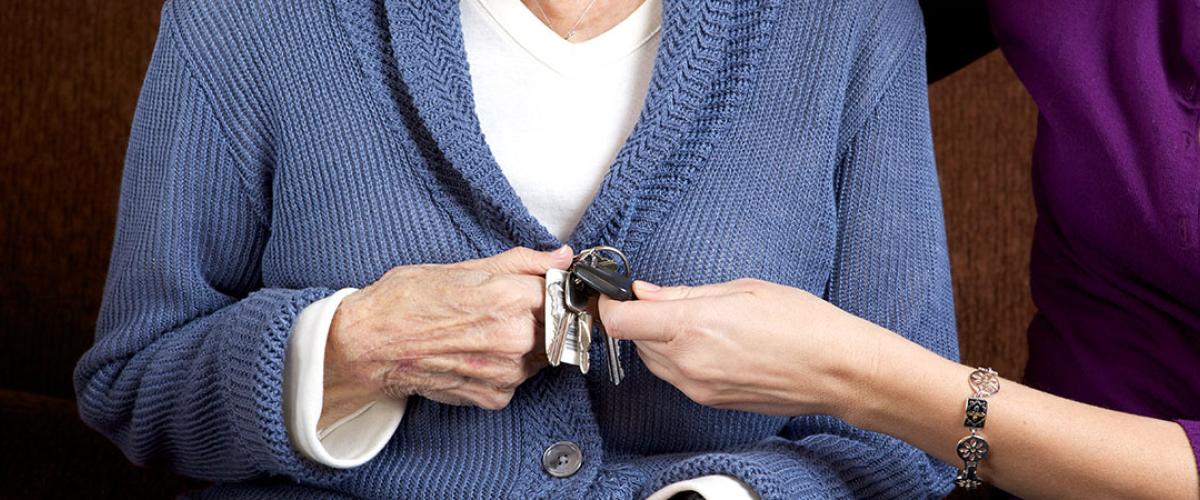As the 2021 graduating class prepares to begin their legal careers, Case Western Reserve University School of Law is proud to announce that six soon-to-be alumni will begin work as federal judicial clerks in the fall.
Grace Saalman, Christine Scherer, Paul Willison, Jesse Wynn, Dillon Brown and Melanie King were hired to work for judges in Ohio, Kentucky, Michigan, and Texas. In addition, others will also be clerking for state judges.
Considered an especially prestigious placement for law graduates, federal judicial clerkships give young lawyers a chance to gain an inside perspective on how judges decide cases and make law, taking on progressively more responsibility over time and eventually, culminating in drafting court decisions and opinions for their judges. Judicial clerks often develop personal bonds with their judges and former clerks, providing a rich network that lasts a lifetime.
“These clerkships are invaluable experiences, opening doors for the most sought after government and law firm jobs,” said law school Co-Dean Michael Scharf. “We are extremely pleased to see so many of our students taking advantage of these opportunities, which require the highest standard of academic excellence.”
The six federal judicial clerkships obtained by the 2021 graduating class represent a recent surge in interest in the positions, with more than double the number of Case students obtaining the clerkships than at any time in the last five years. The expansion corresponds with growing interest in the Law School’s federal judicial externship program, which places 25 students in for-credit externships with federal judges during the summer after their 1L year.
“The rise in federal judicial clerkships is a testament to the quality of our students and the deep commitment of our Career Development Office to work with our entire community, both students and alumni, to advance their careers,” said law school Co-Dean Jessica Berg.
Under the leadership of Mary Beth Moore, assistant dean of career development, the Career Development Office (CDO) plays in integral role in guiding law students from the start of their first year through graduation and beyond, offering a wealth of advice on internships, externships, experiential capstones, employment opportunities and judicial clerkships—advice that comes from years of professional and personal experience.
“Every member of our CDO team has a JD degree and each of us has been where these students are now, looking for the next steps that will take them from the classroom to a successful career,” said Moore. “We work with each student on an individual basis to create a five-year career plan, aligning their goals with the necessary steps to achieve them.”
Identifying the goals and interests of each student allows the CDO to deliver customized updates on internships and job postings, helping cut through email clutter to deliver information that is directly applicable to a student’s interests. In the case of the judicial clerkships, the law school saw a cascade of applications after recruiting students to sign up for a clerkship email list that delivered regular updates on job openings.
The CDO staff’s work goes beyond helping students find opportunities that interest them.
“We’re a service-oriented office, emphasizing the value of relationship building with our students,” said Moore. “The skills that help students thrive in the job market are different than the ones that are developed in the classroom, so we work with them on the soft skills that help make a strong first impression in an interview.”
Those same services are not just available to current students. The CDO also assists alumni by providing professional development and career advice.
“The services that our office provides last a lifetime,” said Moore. “When you cross the stage at graduation, you aren’t leaving the law school but joining a growing family. We’re proud of the support we provide to the students and alumni that we’ve come to know so well.”




